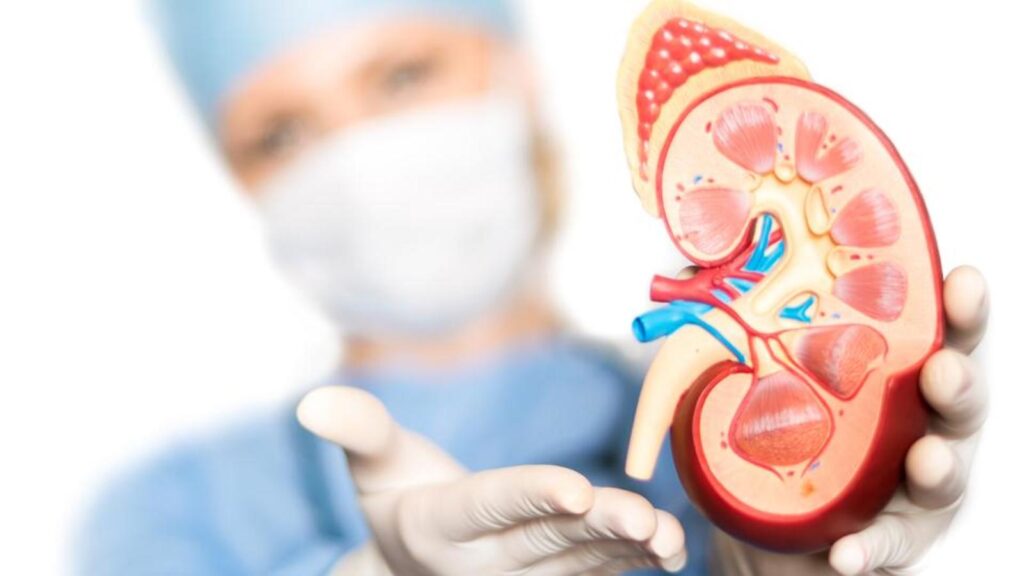Over 1627 patients waiting for kidney donation in Pune

Over 1627 patients waiting for kidney donation in Pune
In the bustling city of Pune, the demand for organ donors is much more than the supply, leaving thousands of patients in desperate need of life-saving transplants. On World Kidney Day, let’s shed light on the patients awaiting kidney transplants.
The Zonal Transplant Coordination Committee (ZTCC), Pune, currently faces a daunting task with a waiting list of 2,400 patients in need of organs. Among them, 1,627 individuals are suffering from renal failure, and desperately awaiting kidney transplants.
Speaking about the issue with Aarti Gokhale, Transplant Coordinator ZTCC, said, “There are around 1600 transplant recipients who are on dialysis and If they get a kidney, the further process will start. The kidney only gets donated when a person is brain-dead. Therefore, if there is such a case, hospitals contact us and we take further action. It is my request to everyone to spread awareness about this as many lives are at stake.”
Despite the commendable efforts undertaken by ZTCC to encourage organ donation, the number of donors remains low. This highlights the urgent need for greater awareness and participation in organ donation initiatives.
The surge in chronic renal failure cases has exacerbated the situation, with the demand for kidneys far surpassing the available donors. This has created a harrowing predicament for patients whose lives depend on timely organ transplants.
As the waiting list continues to grow, communities must advocate for organ donation. Every donor has the potential to save multiple lives, offering hope to those enduring the wait for a second chance at life.
In the face of this issue, collective action is needed to bridge the gap between supply and demand, ensuring that no patient is left waiting in vain for the gift of life.
In the face of this pressing issue, collective action is needed to bridge the gap between supply and demand, ensuring that no patient is left waiting in vain for the gift of life.










